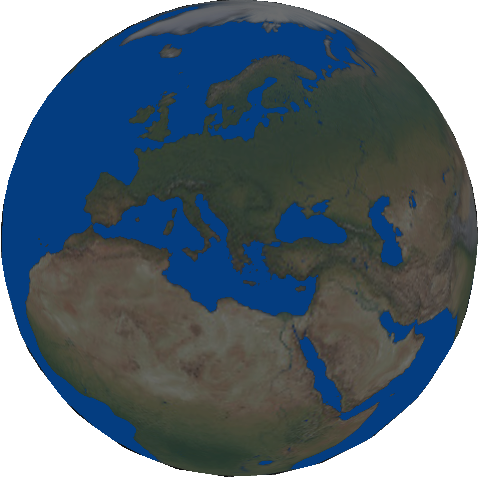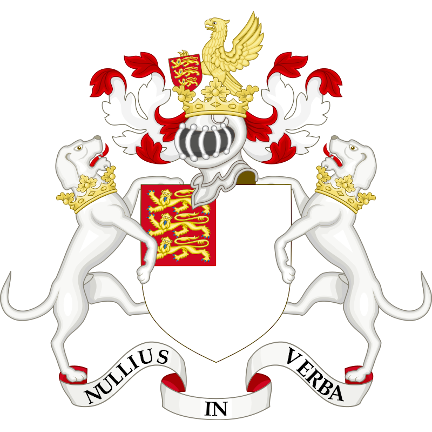11/28/1660 AD founded
On 28 November 1660, which is considered the official foundation date of the Royal Society, a meeting at Gresham College of 12 natural philosophers decided to commence a "Colledge for the Promoting of Physico-Mathematicall Experimentall Learning". Amongst those founders were Christopher Wren, Robert Boyle, John Wilkins, William Brouncker and Robert Moray.
The Invisible College has been described as a precursor group to the Royal Society of London, consisting of a number of natural philosophers around Robert Boyle. The concept of "invisible college" is mentioned in German Rosicrucian pamphlets in the early 17th century. Ben Jonson in England referenced the idea, related in meaning to Francis Bacon's House of Solomon, in a masque The Fortunate Isles and Their Union from 1624/5. The term accrued currency in the exchanges of correspondence within the Republic of Letters.
In letters dated 1646 and 1647, Boyle refers to "our invisible college" or "our philosophical college". The society's common theme was to acquire knowledge through experimental investigation. Three dated letters are the basic documentary evidence: Boyle sent them to Isaac Marcombes (Boyle's former tutor and a Huguenot, who was then in Geneva), Francis Tallents who at that point was a fellow of Magdalene College, Cambridge, and London-based Samuel Hartlib.
The Royal Society started from groups of physicians and natural philosophers, meeting at a variety of locations, including Gresham College in London. They were influenced by the "new science", as promoted by Francis Bacon in his New Atlantis, from approximately 1645 onwards. A group known as "Philosophical Society of Oxford" was run under a set of rules still retained by the Bodleian Library.
After the English Restoration, there were regular meetings at Gresham College. It is widely held that these groups were the inspiration for the foundation of the Royal Society.
Another view of the founding, held at the time, was that it was due to the influence of French scientists and the Montmor Academy in 1657, reports of which were sent back to England by English scientists attending. This view was held by Jean-Baptiste du Hamel, Giovanni Domenico Cassini, Bernard le Bovier de Fontenelle and Melchisédech Thévenot at the time and has some grounding in that Henry Oldenburg, the society's first secretary, had attended the Montmor Academy meeting.
Robert Hooke, however, disputed this, writing that:
[Cassini] makes, then, Mr Oldenburg to have been the instrument, who inspired the English with a desire to imitate the French, in having Philosophical Clubs, or Meetings; and that this was the occasion of founding the Royal Society, and making the French the first. I will not say, that Mr Oldenburg did rather inspire the French to follow the English, or, at least, did help them, and hinder us. But 'tis well known who were the principal men that began and promoted that design, both in this city and in Oxford; and that a long while before Mr Oldenburg came into England. And not only these Philosophic Meetings were before Mr Oldenburg came from Paris; but the Society itself was begun before he came hither; and those who then knew Mr Oldenburg, understood well enough how little he himself knew of philosophic matter.










